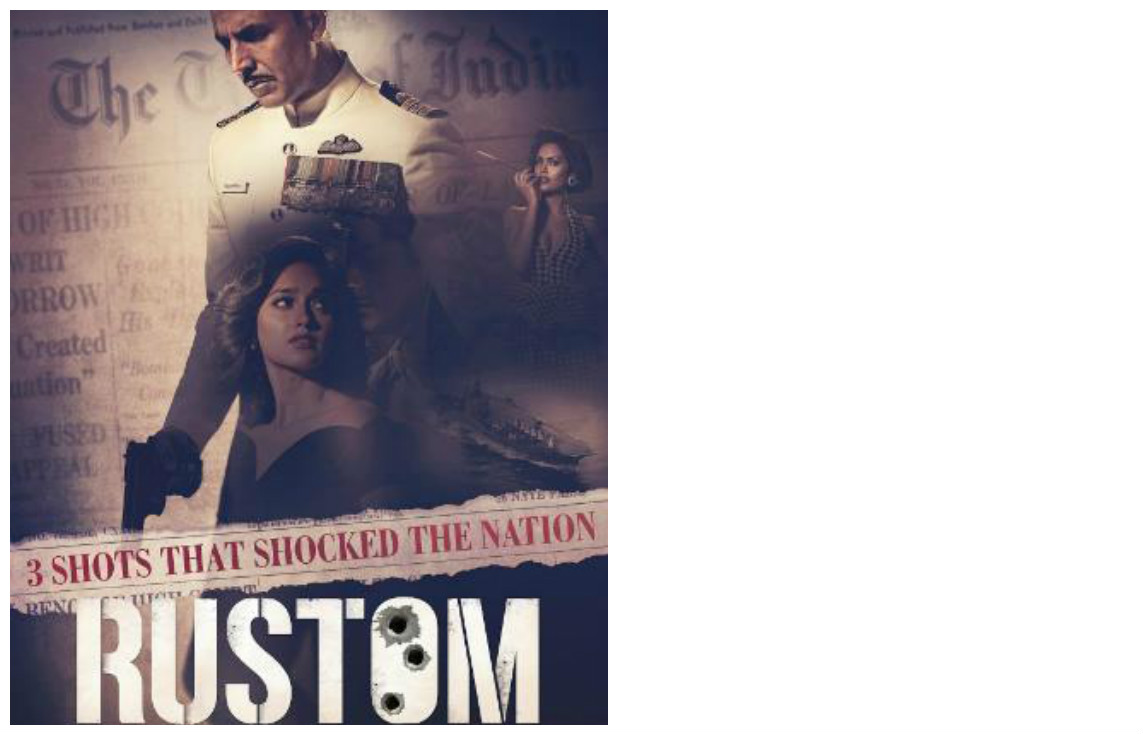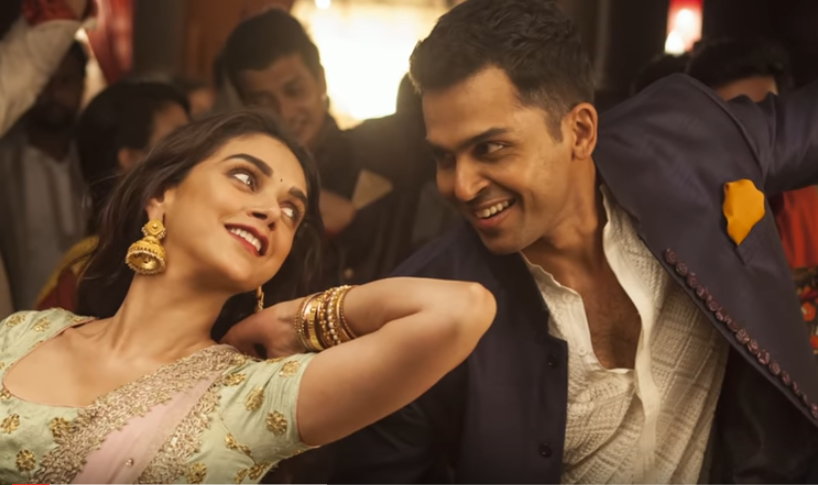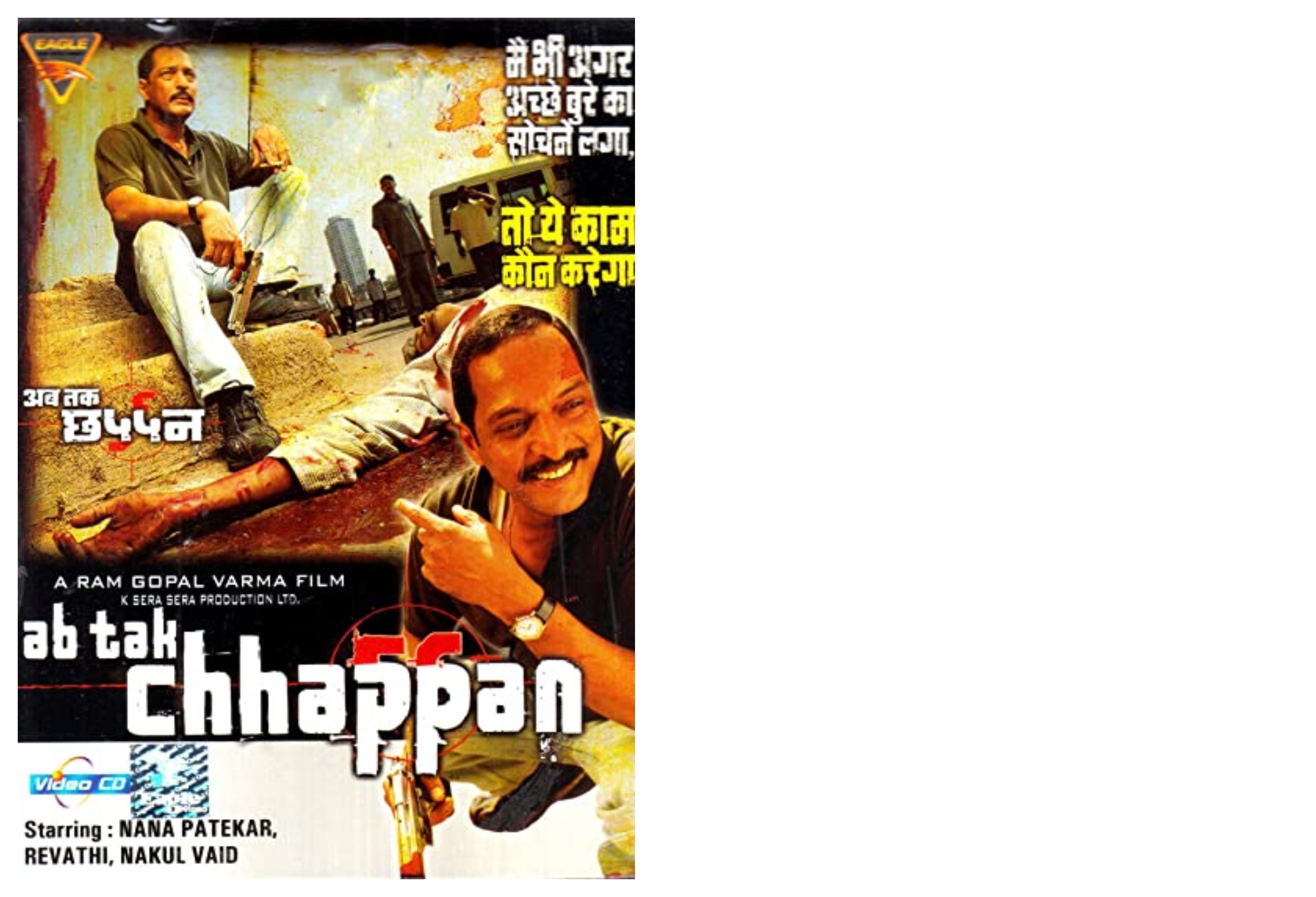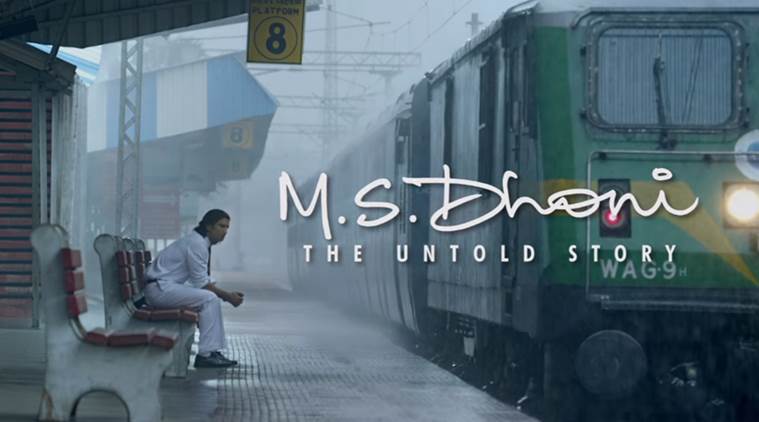WHITE TIGER, THE
THE WHITE TIGER : MOVIE REVIEW
RATING : 3 stars out of 5 ( A very promising film slayed by ethical blunders and a weak finale)
DIRECTOR : RAMIN BAHRANI
SOURCE NOVEL : ‘THE WHITE TIGER’ , BY ARAVIND ADIGA
CAST : ADARSH GOURAV, RAJKUMMAR RAO, PRIYANKA CHOPRA JONAS
ENGLISH, HINDI ; 2021
A WHITE JACKAL COMES ONLY ONCE IN A CENTURY
Welcome to Slumdog Millionaire Part 2 ! Hurrraaayyy !!! Yet another hit job at India, which obviously deserves all this and more. Pic does a terrific job of showing how a poor young man, at the receiving end of a rich, powerfully crooked family in Delhi, eventually leverages his suffering to hit back and become big. The hitch is that a large chunk of India – the small change of hundreds of millions of Indians who have worked hard their whole lives to earn a respectable income and lead respectable lives – are not given even fleeting coverage. The India you see here either has poor people or rich people – neatly black and white for those are uncomfortable with the middle class. Director Ramin Bahrani and Producer Mukul Deora may contend that covering a cross-section of India was not on their mandate – a conveniently lopsided angle for the cynical David (Davinder) Vs Goliath ( Govinder) hack job.
To be fair to Bahrani, his film-making craft is on quietly brilliant display. Crisp editing, strong performances, clear camerawork, sense of humour, sharp emotions – you name it, Pic’s got it. Alas even on this front, the last quarter snags a snafu, suddenly losing steam and emotional bite. Crucial scenes are anemically clueless and things end listlessly, as though another director handled the finisher.
Aravind Adiga’s 2008 novel was no great shakes, apart from some bruising directness. As if 200 years of brutalizing India and leaving it with a literacy rate of 15 % was not enough, some of the British, to this day, spray their shorts with frisson when a hit-job on India comes their way. Cases in point : ‘A Fine Balance’, and Adiga’s ‘The White Tiger’, the latter garnering the coveted Booker Prize. One of Adiga’s actual triumphs in the book, however, is how the protagonist addresses his narrative to Wen Jiabo, China’s topmost criminal who is visiting India at that time. The parallels between their stories are obvious – game-changing thuggery, and grand murders in Tiananmen Square Vs Delhi. For that matter, so are vital connections to the Inglismen, with British colonial plunder and the gift to Indians in Jallianwalla Bagh in 1919 – no wonder the British felt tickled enough to dole out the Booker. All said, the movie is actually better for much of its run-time.
Balram Halwai (a brilliant Adarsh Gourav) is a moron born in rural Laxmangarh in North India. He is academically excellent, and is upgraded with a scholarship to Delhi when an admin bigshot discovers him. However, his family is more foolish than him, and wishes him to wallow in the same poverty that has finished their lives. School is out and after labouring thanklessly, Balram gets a chance – or so he thinks – to switch track.
The mighty central Govt assessor had christened him a ‘White Tiger’ – a creature which allegedly appears only once a century ( wrong of course ! India, being a special place, has about one hundred white tigers currently). If Balram was actually a white tiger, he would use his might to climb without grave offences. He would try to be like M. Vishwesharaiah, from the same state Karnataka which Balram fantasizes about – who also lost his father very early and fell into poverty – but who used his relentless intellect to become a civil engineer par excellence, designing many of India’s pivotal structures. But Balram is not a white tiger – he is more a clueless jackal.
We get early intimation of this when he sees the palatial bungalow of his town’s chief extortionist-‘n’-criminal ( The Stork, played by Mahesh Manjrekar – his selection being probably a homage to Slumdog Millionaire in which he had enacted a crime figure) and decides, with cloying obsequiousness, to becomes his driver. Any sensible youth would stay from criminals whom they have seen in long and brutal action. But Balram knows better. The Stork is moved by this boot-licking and recruits him as the second driver at a grand salary of Rs.1500 per month (USD 21). The Stork’s son Ashok is played by Rajkummar Rao - one of Indian cinema’s best actors who seems to have purposely dialed down his acting acumen to suit the role of the pusillanimous, moneyed youngster. Ashok and his wife Pinky (a passable Priyanka Chopra Jonas) move to Delhi and keep Balram as their full-time driver. They live in a high-rise, multi-crore-rupee apartment whereas Ashok languishes below in the dusty, filthy bowels of building basement. As time passes, Balram realizes how vulnerable his fate is, especially after an apocalypse… How can he strike it rich, and how can he do it ultra-fast ?
Despite the film’s blatant agenda to skew India’s demographics, the story-telling is first rate, further bolstered by Adarsh Gourav’s tremendous turn. The two-hour run-time is filled with interesting scenes from the get-go : Balram’s efforts to gain a deeper toehold in the rich family, his decision to cut the atavistic money cord from his scoundrel grand-mother, the Stork and his elder son’s keenness to relentlessly treat Balram like dirt, Ashok’s bonding with him, Pinky’s altruistic hopes for him when she tells him to scram and make something of himself (this is to her full credit, although she never once comes down to survey his horrible living conditions). Bahrani’s direction is particularly fabulous in a scene of infernal power – when the camera floats just in front of Balram’s face, while the evil Stork nonchalantly listens, sitting to the side in the background. Balram’s face has a ghost of a smile, the eyes dying when he assents to his masters asking him to commit hara-kiri. He stumbles outside the building, and a sky-shot looks down, finding him lost amongst the reeds. He wanders in crowded market-places and an old woman begs him for money. Adarsh Gourav lets rip there, with a salvo of acting that brings the roof down with his devastated predicament and frustration. That scene is just electric – the film’s zenith, with Gourav at his blazing best, and Bahrani at his finest.
The last quarter is unable to reach those heights. A crucial scene which finally changes our understanding of Balram, which should have had wrenching emotional impact, is shockingly watered down both emotionally and physically – are we even seeing the same director ? For a viewer like me who’s already read the novel, the lack of inspiring strokes in the finale is all the more disappointing, considering how well the rest of the picture had worked.
At one point towards the end, Balram says, ‘ For the poor there are only two ways to come up – crime, and politics. Is it any different in your country ? ’ That statement rings hollow. I do not want to be blasé and take poverty for granted. I acknowledge poverty is very difficult to come out of, the societal safe-guards for the middle-class and rich, being absent for the socio-economically underprivileged at every thankless step. But how did Japan, Sweden and Singapore come up from humble origins ? Certainly not with the populace en masse committing crimes. India itself was a prosperous nation for two millennia until its decline in the last three hundred years and it did not engender its centuries of wealth and fame through wholesale crookedness. In a hospital cafeteria once, an otherwise intelligent young doctor from the U.K, in response to my comments about re-emerging India, blithely remarked “But countries which are under-developed to begin with, tend to stay that way”. His scholarly exertions did not include even passing acquaintance with Mohenjo-daro-Harappa, the Maurya Empire, the Chola Dynasty. Folks like him would love the skewed depictions of ‘The White Tiger’.
Ramin Bahrani has earned many festival and critical accolades over the years, and ‘The White Tiger’ reinforces his film-making credentials. But Bahrani will have to avoid the afore-cited ethical blunders and structural mis-steps in future films if he is to maintain his high standards. As for India, do not worry, it was great for 2500 years before, and it will become great again, notwithstanding the Trumps and Balrams of this world.
UPN
UPNWORLD welcomes your comments.










0 COMMENTS
WRITE COMMENT